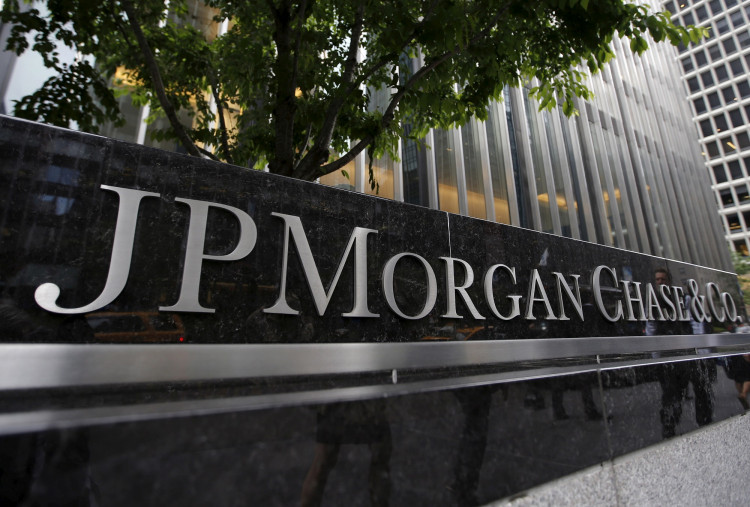American investment bank JPMorgan Chase & Co surprised Wall Street after it reported a profit for its latest quarter. The bank blew away most analysts' expectations after it reported a profit of $9.4 billion for its third quarter this year.
The profit it reported represented a 4% increase from its earnings during the same period last year. JPMorgan said that its performance was mainly due to its strong investment and trading business, which it said withstood the disruptions in the U.S. economy.
Earlier in the year, JPMorgan had forecast loan-related losses owing to defaults and bankruptcies as a result of the pandemic. The bank announced plans of putting aside $19 billion as reserves for the financial effects of these losses.
JPMorgan opted not to build the loan-loss cushion, which was taken by analysts as a positive sign from the bank. The move was indicative of the bank's confidence in the health of the loans in its portfolio and the eventual economic recovery.
For its latest quarter, JPMorgan reported a 52% increase in its corporate and investment banking unit to $4.3 billion. Meanwhile, its investment banking revenue for the period increased by 12% due to the influx of new initial public offerings and bond sales.
The bank's trading unit also performed extremely well, reporting a 29% jump in total revenues. The stellar performance for the period was mainly attributed to the strength of its fixed income, commodities, equities, credit and securitized products.
While the bank may have managed to withstand some of the effects of the pandemic, its market valuation had suffered heavily during the crisis. From a high of $141.10 per share during the start of the year, the company's stock had plummeted to a low of $76.91 per share. As of Tuesday, the company's stock closed at $100.78 per share, giving the company a market valuation of about $308 billion.
JPMorgan did manage to fare better than its contemporaries in the U.S. in terms of stock performance. Citigroup's share prices have dropped by more than 40% year-to-date, while Well Fargo had lost more than half of its total market valuation.





